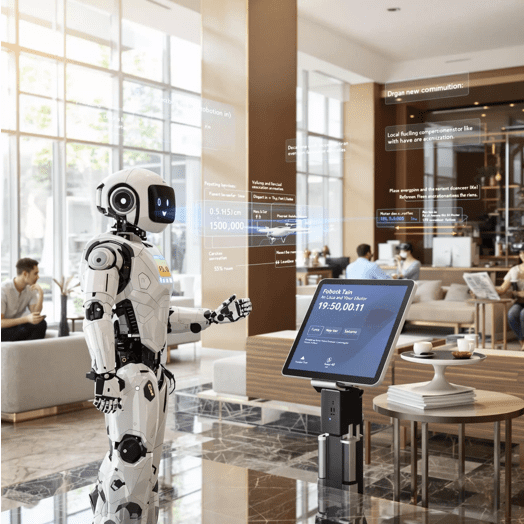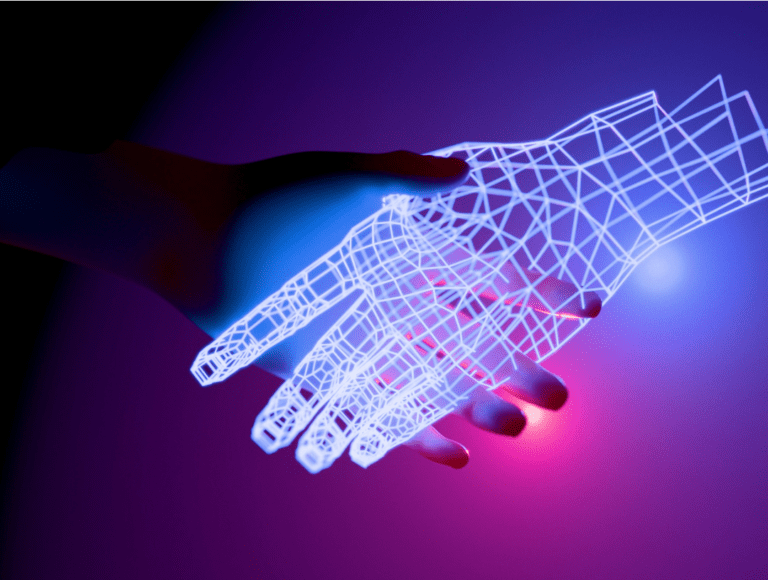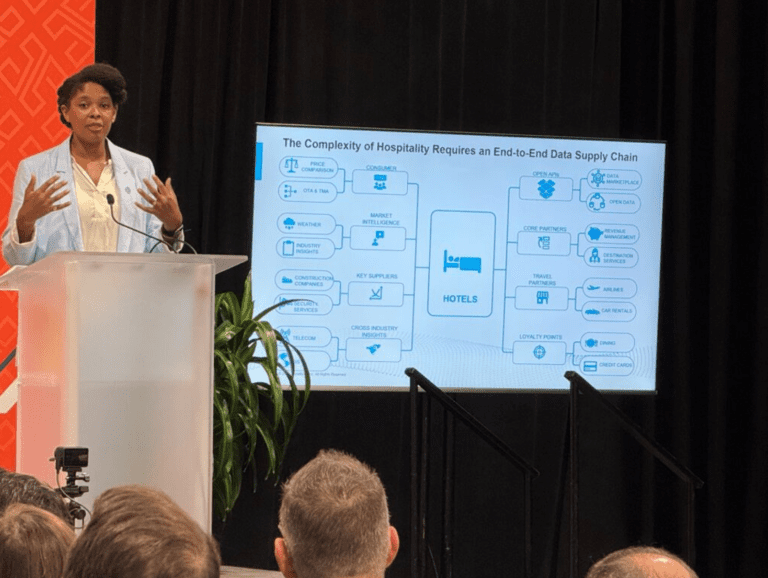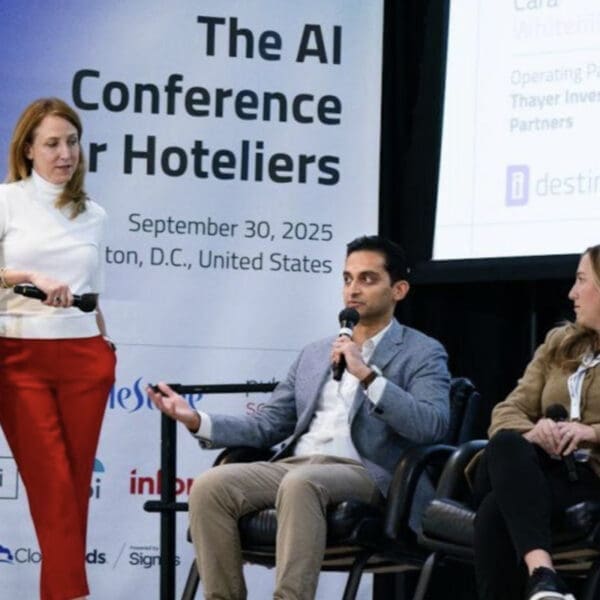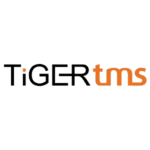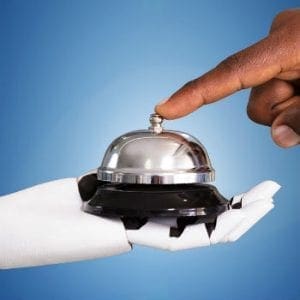 Artificial Intelligence is taking the world over, yet there is no need to be scared, as we’re far from the Terminator. AI can already be found in cars, computers, websites, and even watches.
Artificial Intelligence is taking the world over, yet there is no need to be scared, as we’re far from the Terminator. AI can already be found in cars, computers, websites, and even watches.
“Humans are limited in the attention, kindness and compassion that they can expend to others, but AI-based compassionate robots can channel virtually unlimited resources into building compassionate relationships in the society.” Amit Ray
Is AI an opportunity for hotels? AI will indeed impact revenue managing and hotel pricing. Moreover, AI will reduce costs and improve hotel guests booking experience. So rejoice because: “He’ll be back”.
Chatting is caring
Experts care about touching points and Business to Customer relationships. That’s why they are scared of chatbots and online chat services.
Nevertheless, technology is more efficient than employees for direct messaging and for responding to frequently asked simple questions. AI chatbots provide the instant answers 24/7 that hotel guests long for, and that hotel staff cannot deliver. Research shows that AI nearly eliminates guests’ frustration and prevents them from surrendering when facing difficulties while booking on hotels’ websites. In 2019, 80% of customers having a chat with AI while booking lived a positive experience. However, as Florian Huebner, the co-CEO and co-founder of Uberall explained, “There’s definitely growing interest in branded chatbot experiences, but most consumers still need convincing”.
AI’s bad reputation results from bad experiences in the past with basic artificial intelligence. No longer. Today chatbots such as HiJiffy bring a unique and precise experience while booking and create competitive differentiation. “It is offering our guest a faster channel of communication with our front office team”, said Mats Bertram, the assistant front office manager at the London Marriott Hotel Park Lane.
Keep in mind that customers stay on average 15 seconds on your hotel’s website before leaving; 15 seconds tops. It has to be your star moment on stage.
Spend a little to earn a lot
Reducing costs is one of the goals of a growing business. While some managers focus on short term past ratios, leaders think about the future and invest in reducing expenses in the long
run. And the future is AI. Investing in expert systems allows hotels to reduce labor costs and associated expenses such as recruitment costs, payroll management, training as well as service
disruption caused by staff turnover.
W Barcelona took their chance. “We were able to reduce the manpower required to answer a lot of questions and the 24/7 availability that comes with it certainly helps – especially in social media”.
It will always be cheaper to upgrade your AI than to recruit new staff. It will also always be more efficient in terms of guest satisfaction. Check-ins, check-outs, and restaurant bookings are time-consuming, inefficient labor-intensive tasks that can be automated and handled by artificial intelligence.
Who prefers queuing to buy a train ticket? Who’s willing to pay more for a car that’s painted by hand? That’s how absurd refusing AI in hotels will soon sound.
Moreover, AI can be used to manage your property and fixed costs. The Whaler in Maui implemented an intelligent system to reduce their energy costs. In the first eight months of use, they cut costs by 30%, which represents a saving of $325,000 net for Whaler. Satisfaction goes up, costs go down, and your hotel revenue will surf on a rocket.
Price is what you pay; value is what you get
One of the most prominent problems hospitality faces is fluctuations in demand. Forecasting seasonal changes and reacting accordingly is the key success for optimizing the use of resources.
AI bases its forecasts on dynamics occupancy patterns and multiples of secondary sources of information. This involves optimized pricing which follows accurate analyzed signals such as
competitors’ room availability, customers’ willingness to pay and, local seasonal trends. This allows your hotel to maximize occupancy, improve your yield strategy and develop greater value.
Airbnb is ahead of the game with its host pricing recommendation which develops individual pricing. Working with artificial intelligence supports hoteliers on a day-to-day basis and notably
adjusts rooms pricing dynamically. Intelligent computers are known as a Neural network, and they are redefining optimizing revenue tools.
“They are capable not only of dealing with unforeseen situations but also of synthesizing knowledge from random data with little or no help,” wrote Walter J. Relihan.
More data, fewer errors
Using inadequate data actually causes fewer errors than using no data at all. Big data and how to process it is the clue to the 21st century.
“Without big data, you are blind and deaf and in the middle of a freeway”, said Geoffrey Moore. Artificial intelligence is not only based on past data but combines past and actual data to create feedback loops which allow the engine to improve continuously by itself. It sorts a vast amount of data rapidly and provides key conclusions about customers and prospects.
The Dorchester Collection hotel chain understood the opportunity and implemented the Metis AI platform. It allows them to process important feedback on their efficiency from customers and to plan improvements instantly.
Experts’ programs also predict potential issues before they take place and help maintain workflows. Using AI helps to develop precise and reliable data collection which will improve a hotel’s ability to offer higher service standards. Already 57% of U.S. tourists research brands using their data to personalize their experience. Likewise, 36% of them would pay extra for a unique experience. Intelligent machines will provide just that.
Machine learning is a key driver of future hoteliers’ profits. AI will predict demand, help hotels adapt to swings in demand and tastes and beat the competition. Hotel managers of the future
base day-to-day decisions on collected data not on guts feelings. Guests of the future will expect a personalized experience that only an AI system, tied to ratios and CRM will provide.
As the Terminator said: “come with me if you want to live”.
About the author
Pier-Luca Rapin conducts hospitality research at Ecole Hôtelière de Lausanne under the supervision of Igor Sekulic and has previously worked for LUX* Resorts & Hotels.


